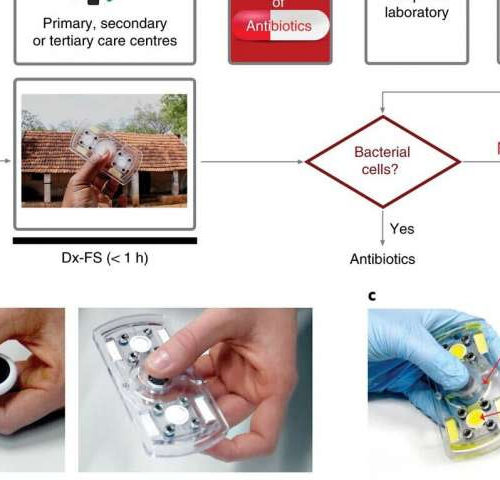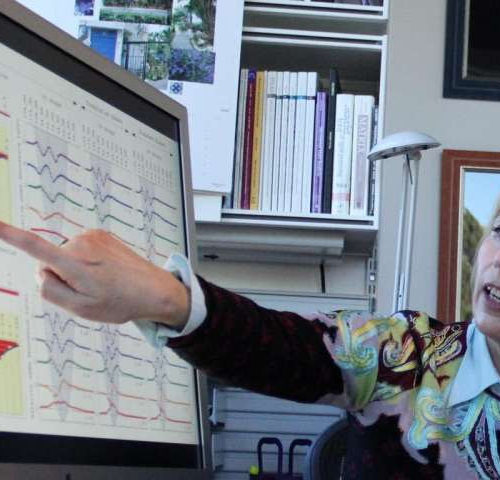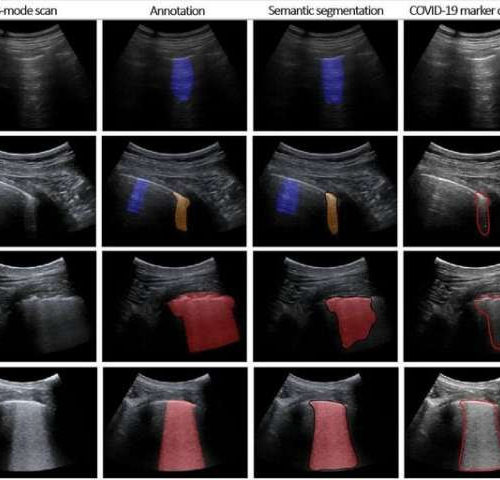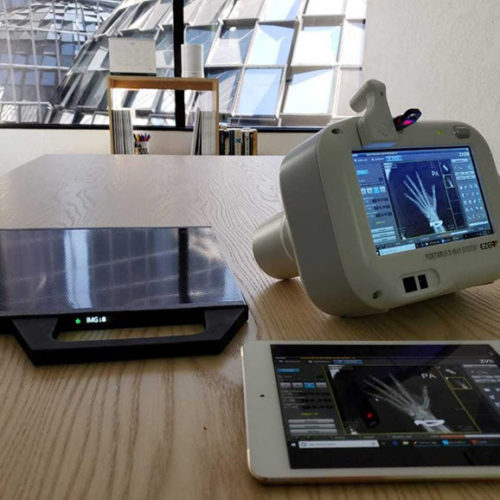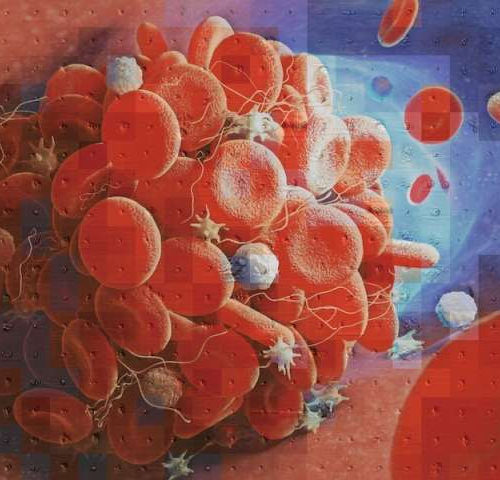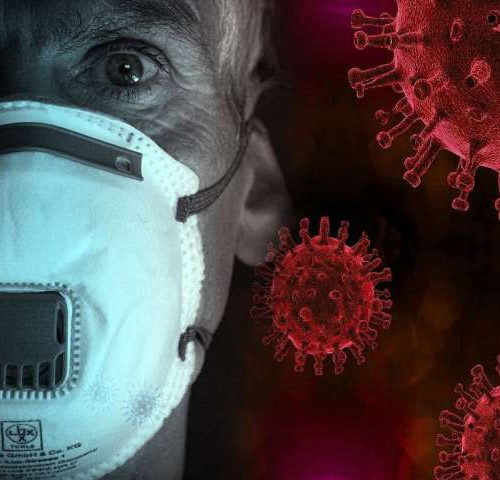The Dx-FS as a POCT device for low-resource settings. a, In developing countries such as India, healthcare is classified into three levels: primary, secondary and tertiary care. Although secondary and tertiary care centres are equipped with laboratories for UTI screening, the same does not exist in primary care centres34,35. Patients seeking intervention with symptoms of...
Tag: <span>diagnosis</span>
NUI Galway research show blood pressure lowering reduces risk of developing dementia
Research completed in NUI Galway has shown that lowering blood pressure by taking blood pressure medications reduces the risk of developing dementia and cognitive impairment by 7%. The findings are published today in a leading international medical journal, the Journal of the American Medical Association (JAMA). Fourteen randomised controlled trials (96,158 participants) were included in...
New insights on allergies may improve diagnosis and treatment
by Brian Burns, Massachusetts General Hospital Results from a study led by investigators at Massachusetts General Hospital may help to improve the diagnosis and treatment of allergies, pointing to a potential marker of these conditions and a new therapeutic strategy. The research is published in Nature. Nearly one third of the world’s population suffers from...
Genome-wide pattern found in tumors from brain cancer patients predicts life expectancy
by University of Utah Health Sciences In her Genomic Signal Processing Lab, Alter develops new mathematical methods that are uniquely suited for personalized medicine. Credit: Nathan L. Galli, University of Utah For the past 70 years, the best indicator of life expectancy for a patient with glioblastoma (GBM)—the most common and the most aggressive brain...
Intelligent lung ultrasound provides crucial support for COVID-19 testing within minutes
by Hilde De Laat, Eindhoven University of Technology Establishing whether a patient is suffering from severe lung disease, possibly COVID-19, within a few minutes is possible using fairly simple ultrasound machines that are enhanced with artificial intelligence. A research team at Eindhoven University of Technology (TU/e) and the University of Trento in Italy has been...
AiRTouch Portable X-Ray Receives FDA Clearance, Can Be Used for COVID Diagnosis
The handheld device weighs in at 5.5 pounds (2.5 Kg) and resembles a large digital camera with a touchscreen. AiRTouch acquires images with the push of a button and can wirelessly transmit them to PACS (clinical image storage system), without the need for a computer. Its battery charges within two hours and can capture up...
New tool helps distinguish the cause of blood clots
by eLife A new tool using cutting-edge technology is able to distinguish different types of blood clots based on what caused them, according to a study published in eLife. The tool could help physicians diagnose what caused a blood clot and help them select a treatment that targets cause to break it up. For example,...
What to know about notalgia paresthetica
Notalgia paresthetica (NP) causes itching and, sometimes, pain on the back. It usually affects a specific patch of skin, rather than causing generalized pain or itching. The itch commonly appears under the shoulder blade, often on the left side. NP is a type of nerve pain, meaning that it is a problem with how the...
Persistent and worsening insomnia may predict persistent depression in older adults
by Johns Hopkins University Bloomberg School of Public Health Older adults with depression may be at much higher risk of remaining depressed if they are experiencing persistent or worsening sleep problems, according to a study from researchers at Johns Hopkins Bloomberg School of Public Health. The researchers, who published their findings online April 30 in...
Seniors with COVID-19 show unusual symptoms, doctors say
by Judith Graham, Kaiser Health News Older adults with COVID-19, the illness caused by the coronavirus, have several “atypical” symptoms, complicating efforts to ensure they get timely and appropriate treatment, according to physicians. COVID-19 is typically signaled by three symptoms: a fever, an insistent cough and shortness of breath. But older adults—the age group most...

